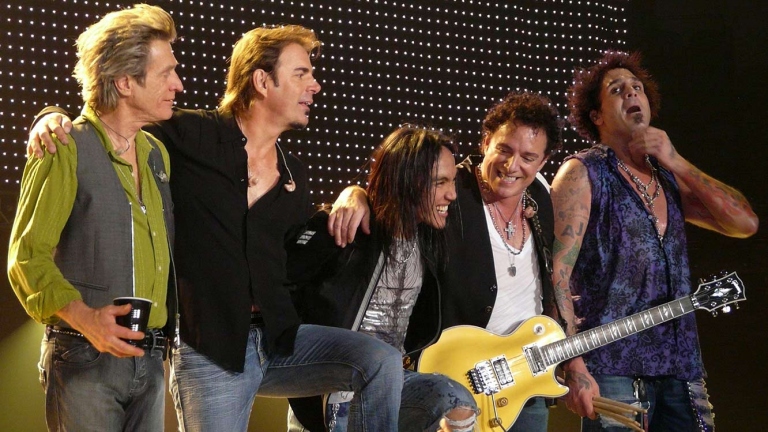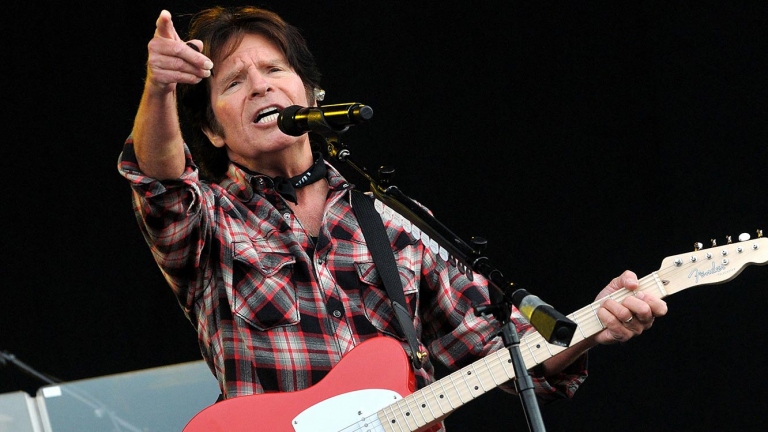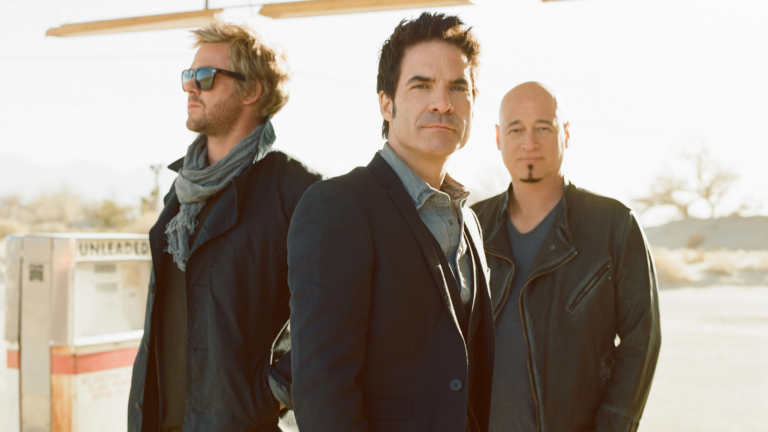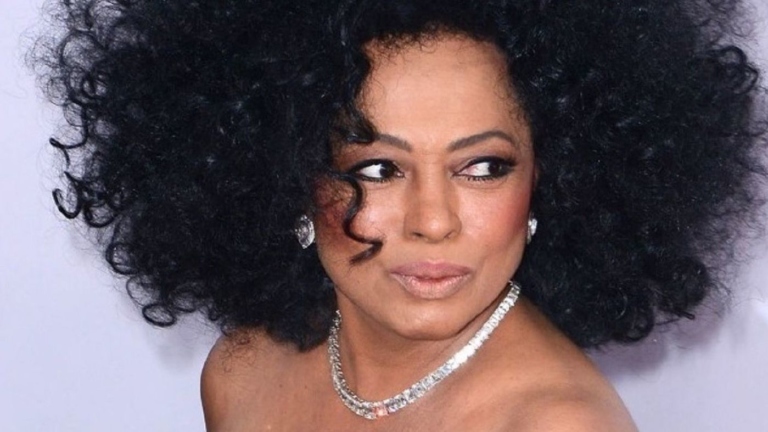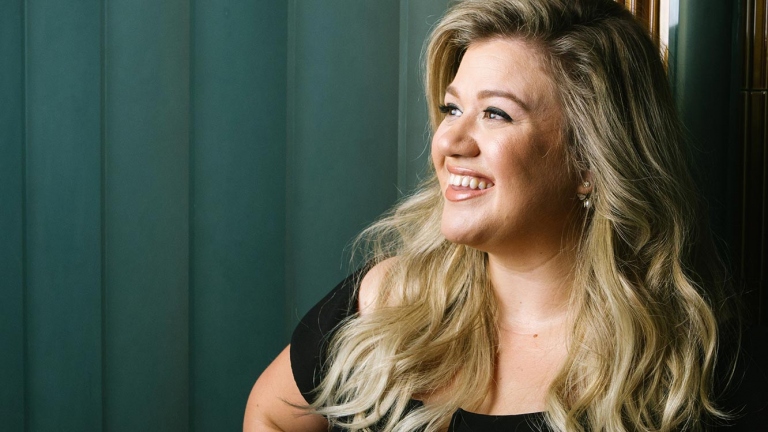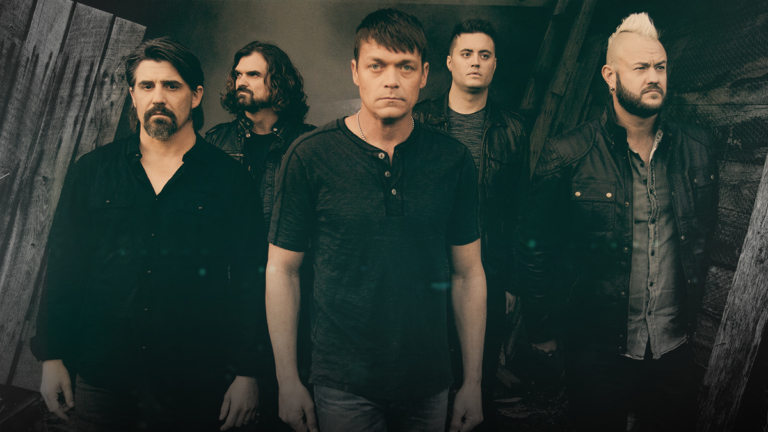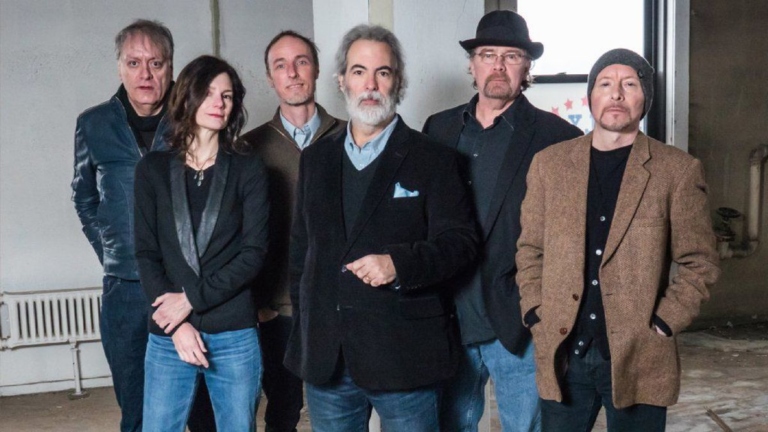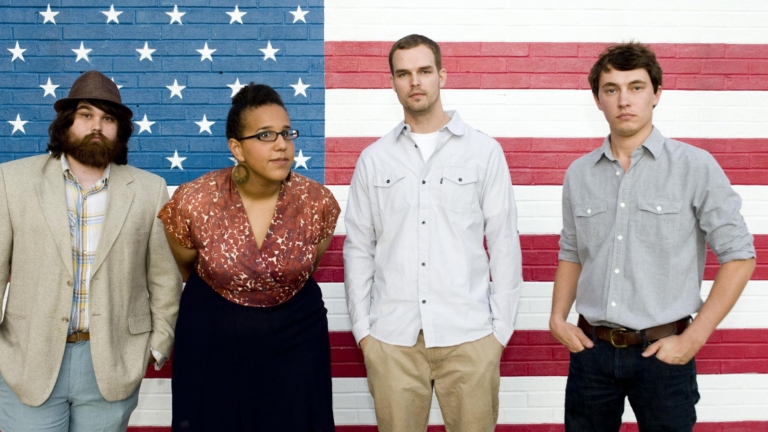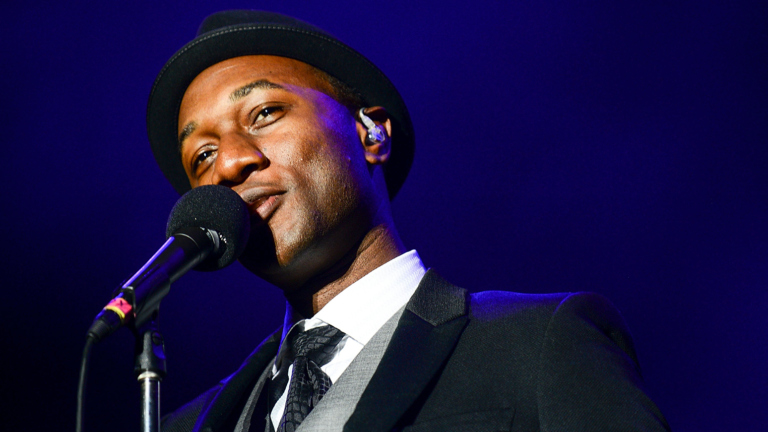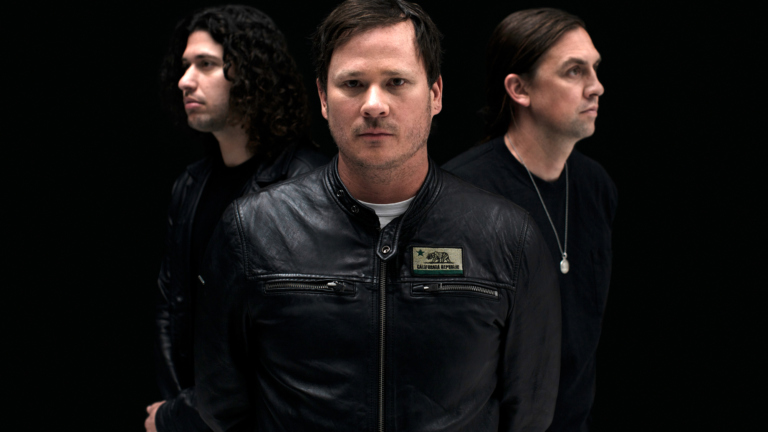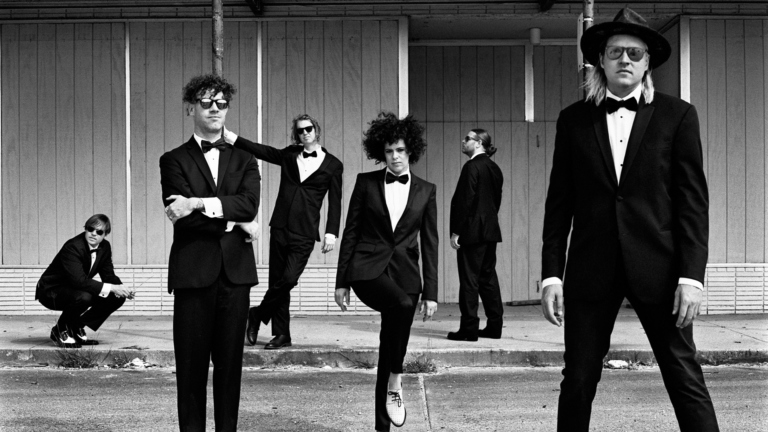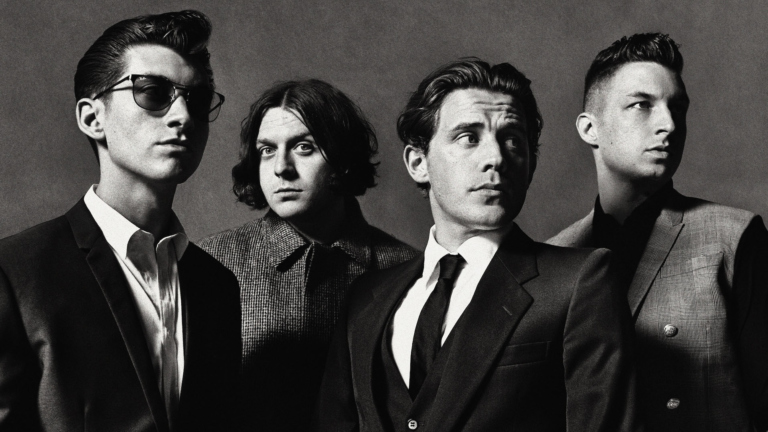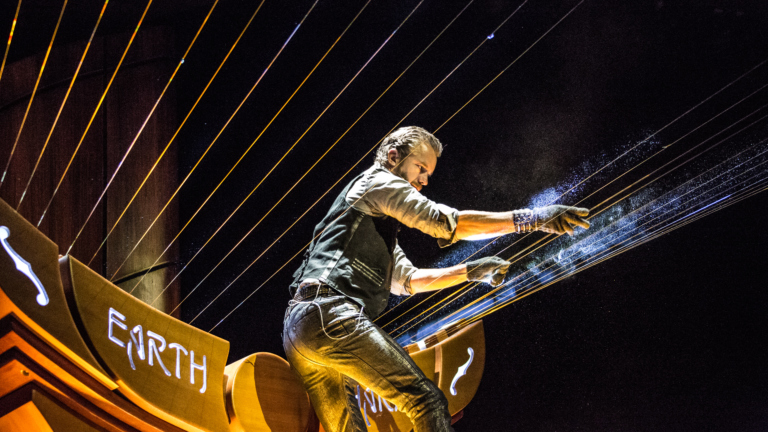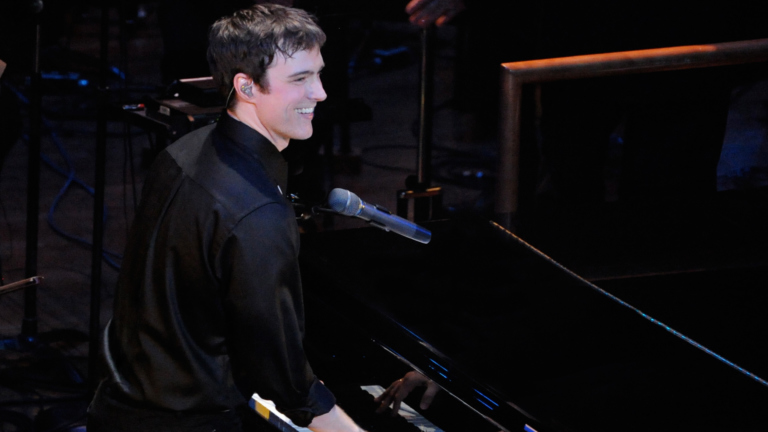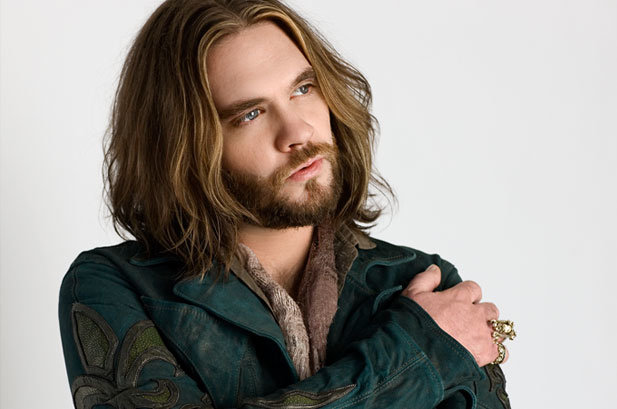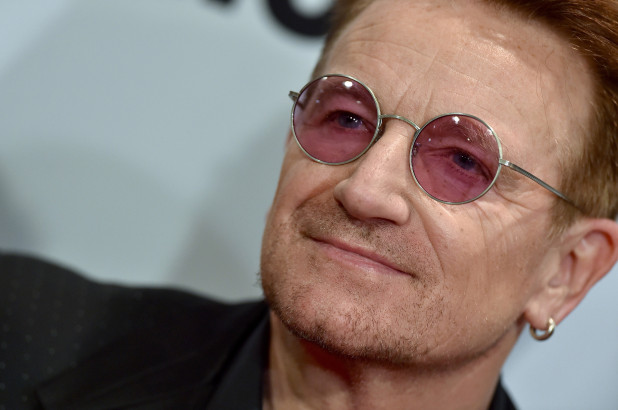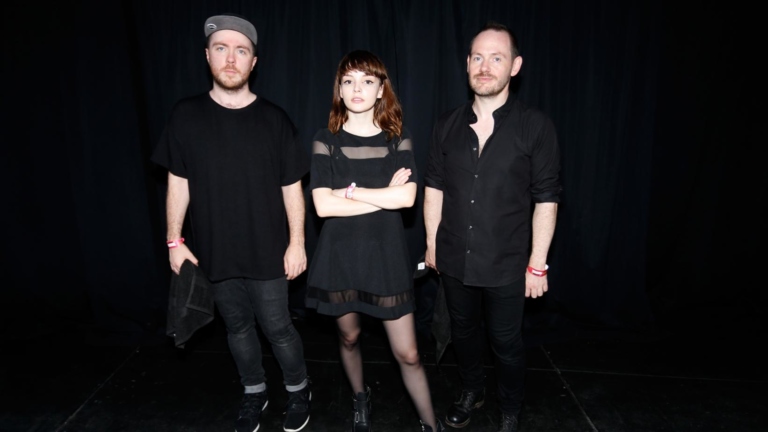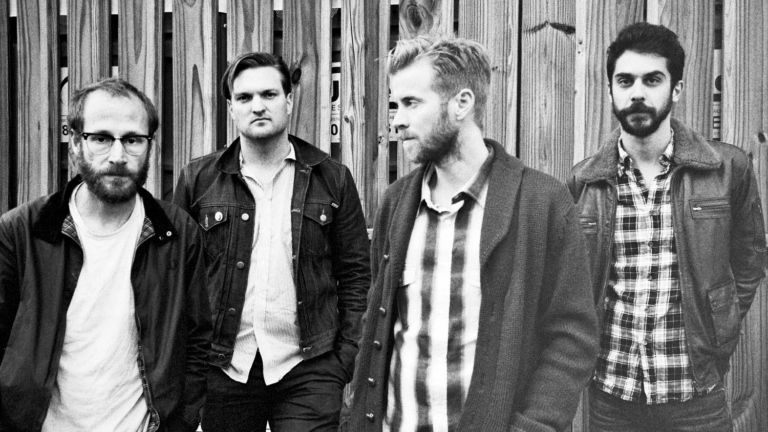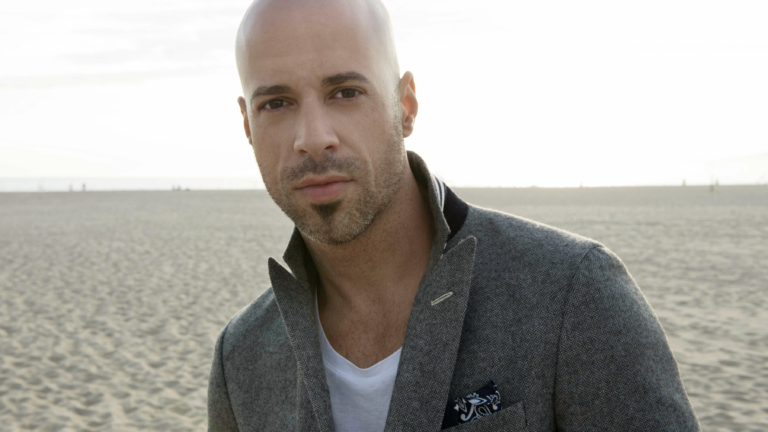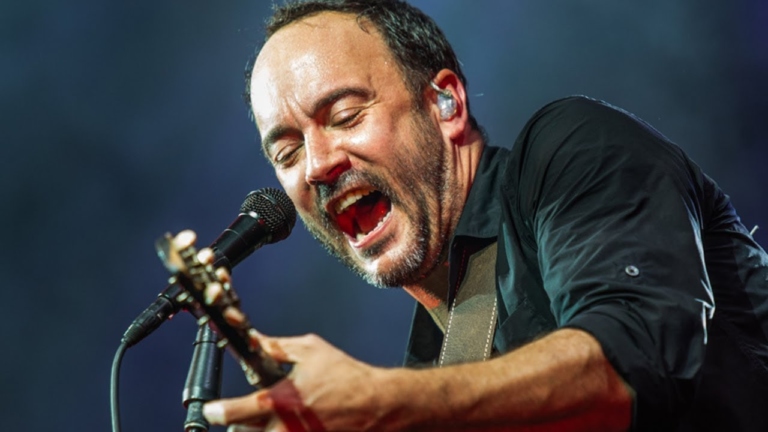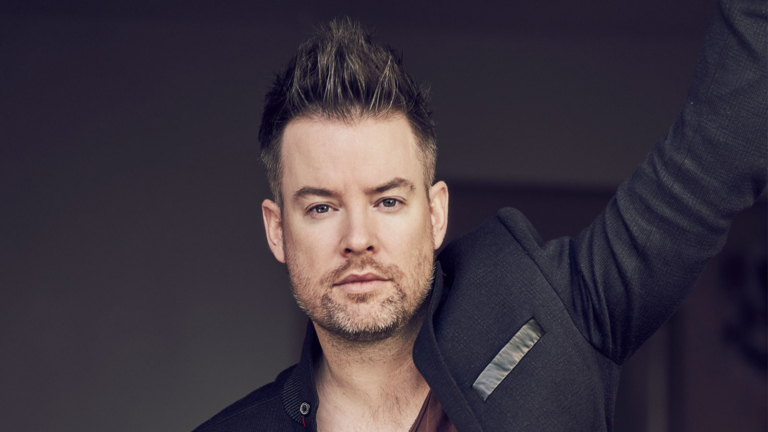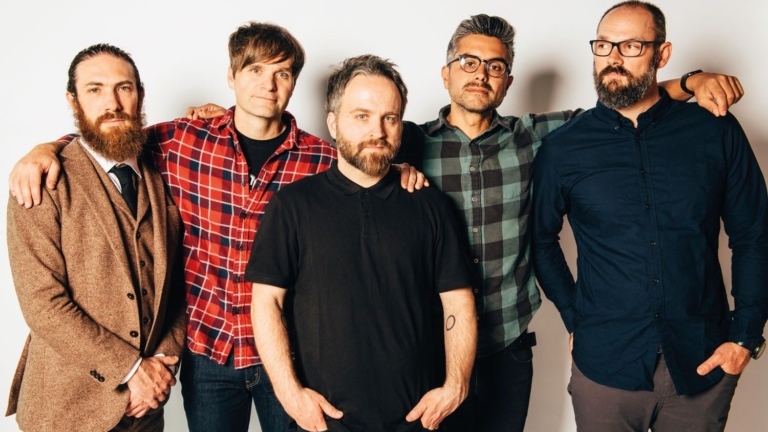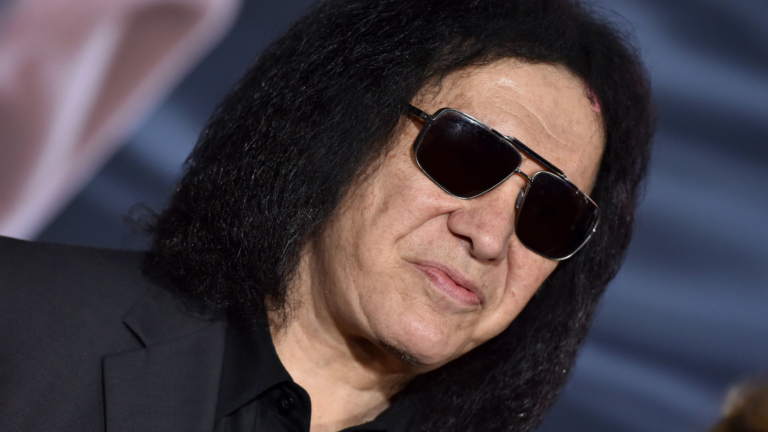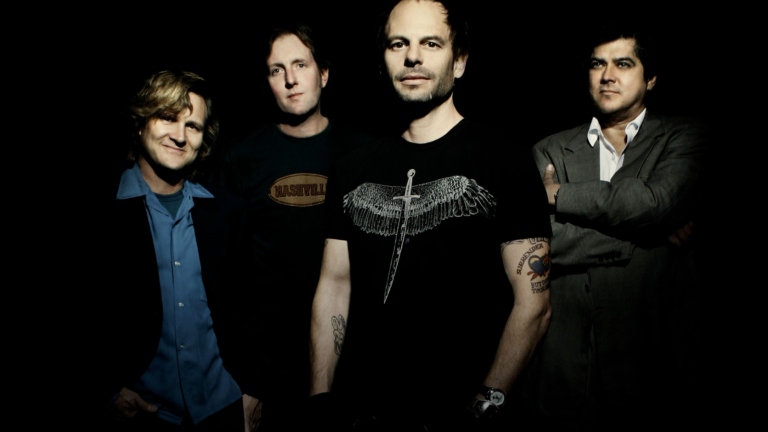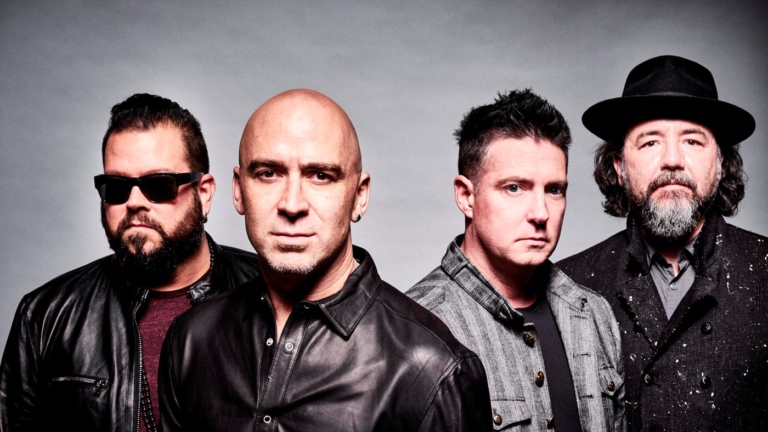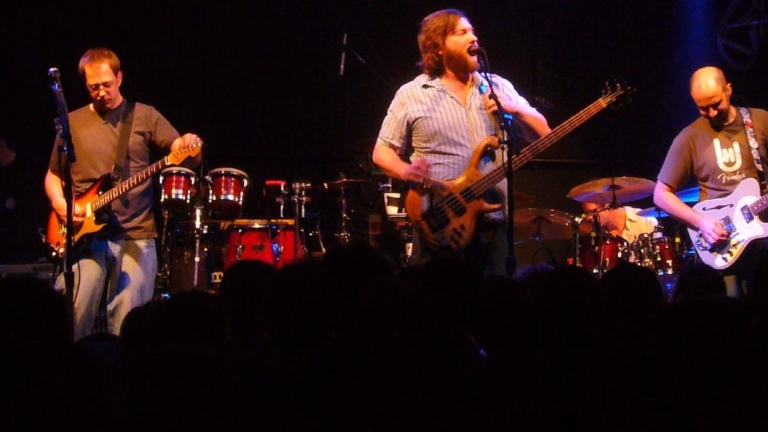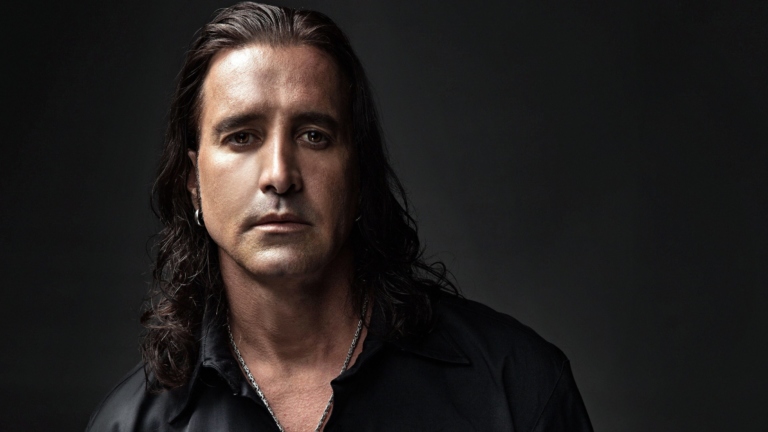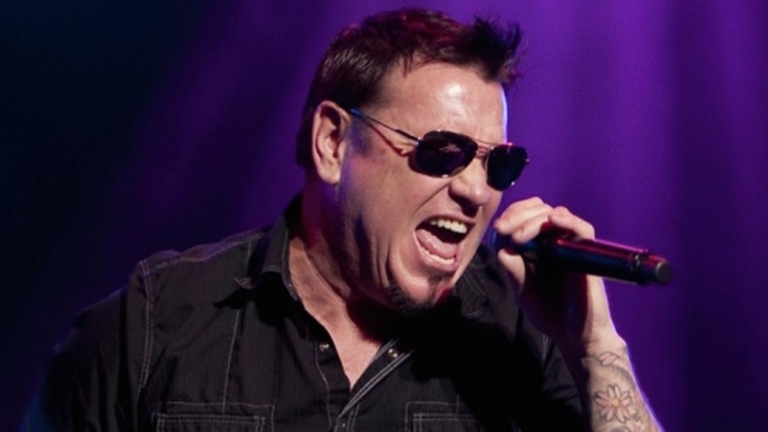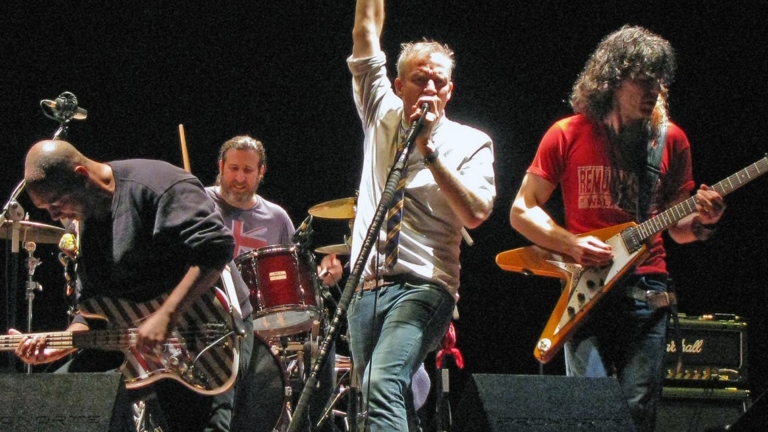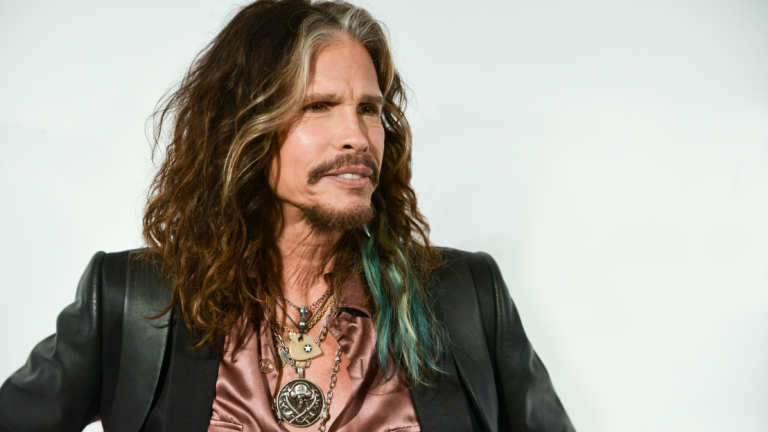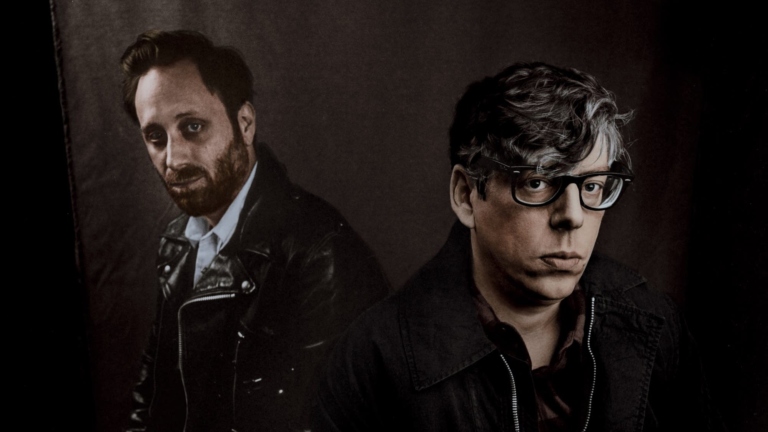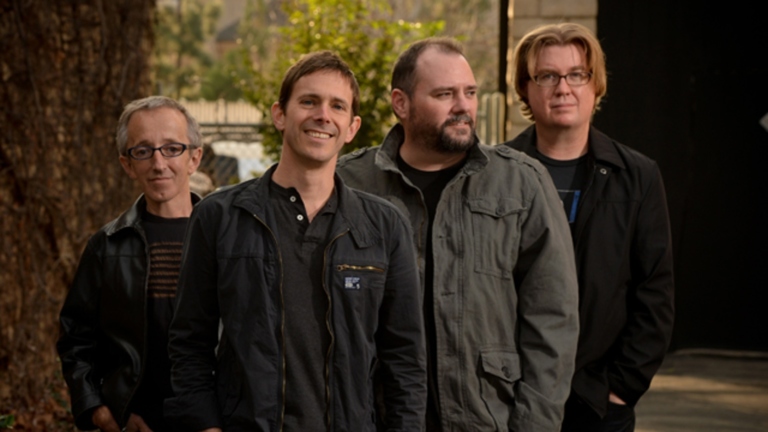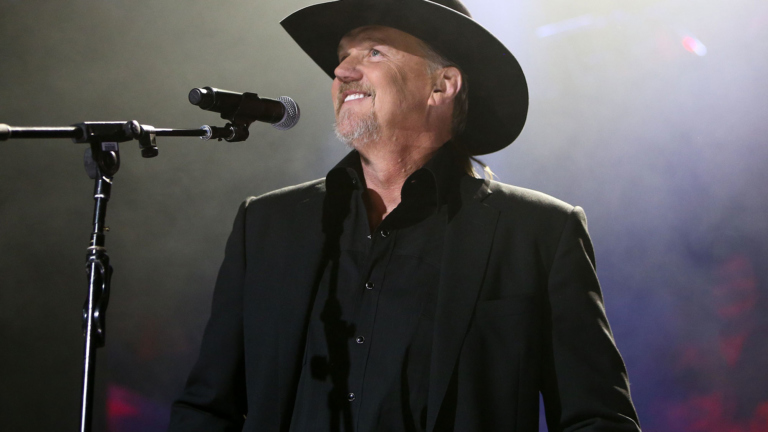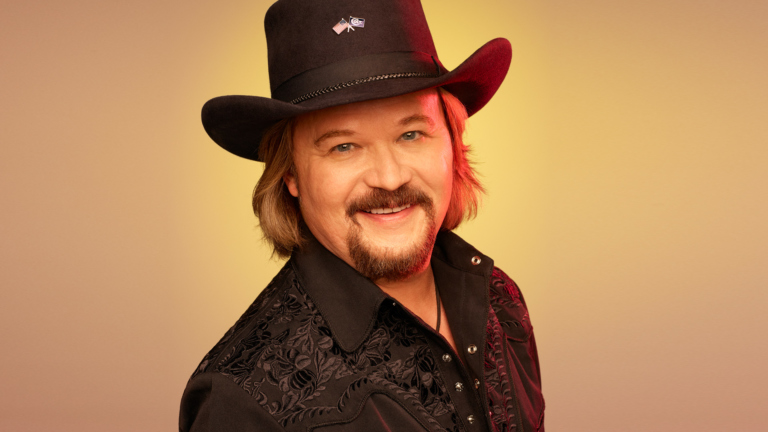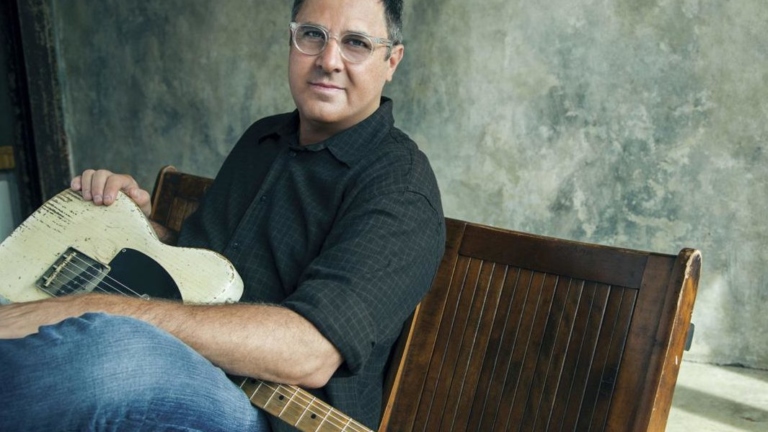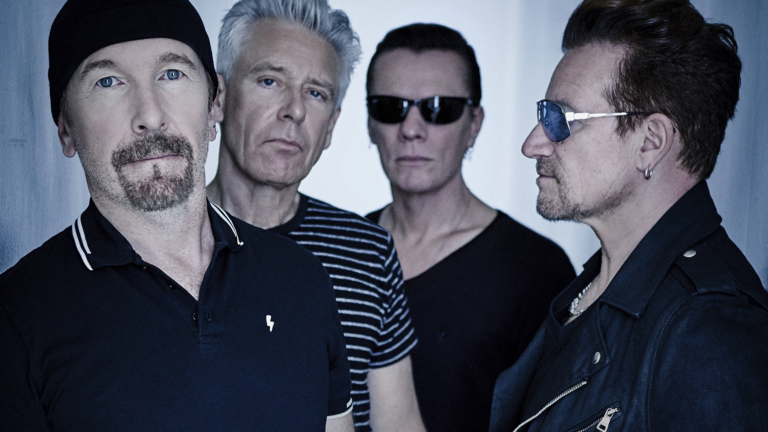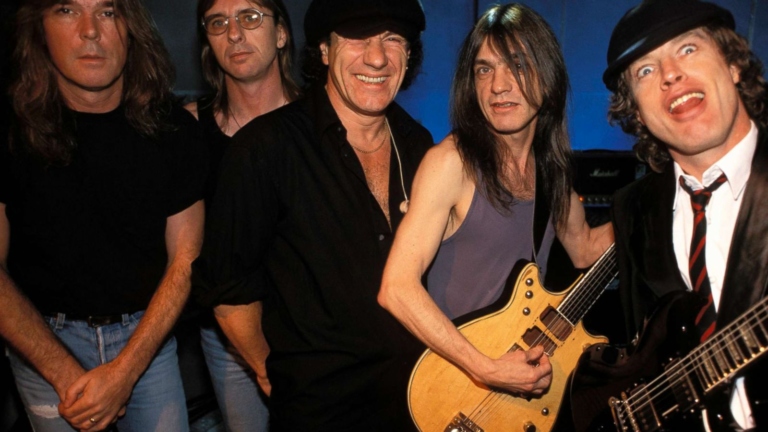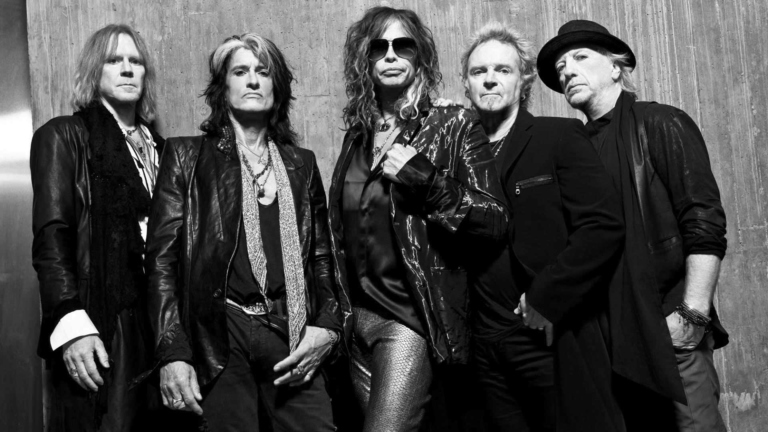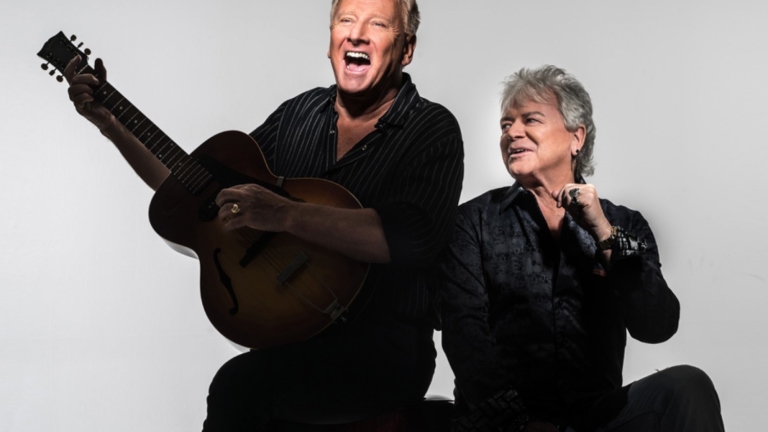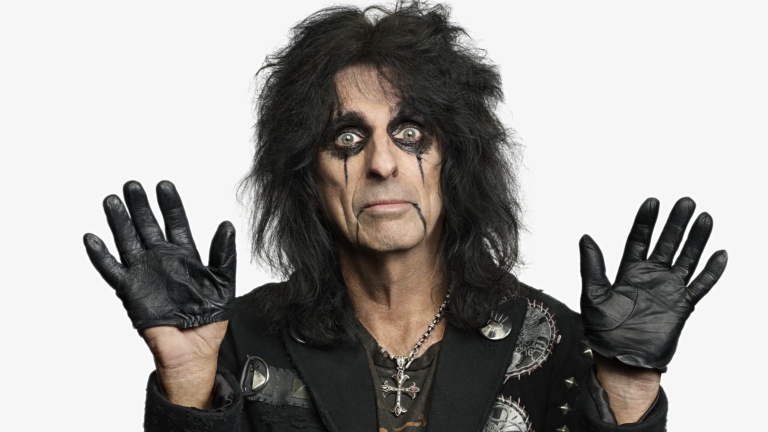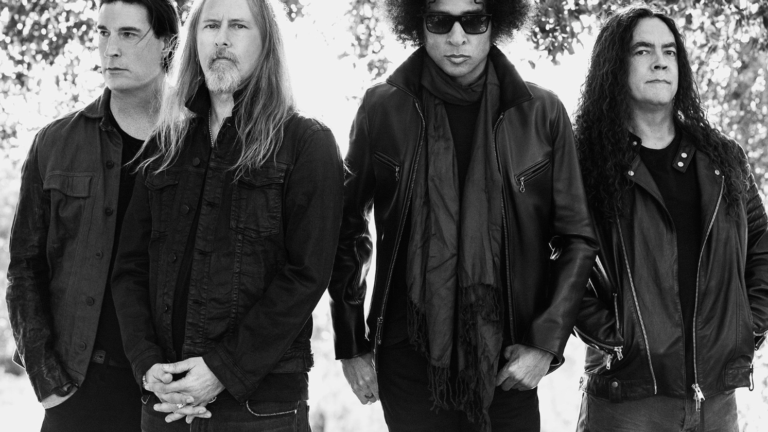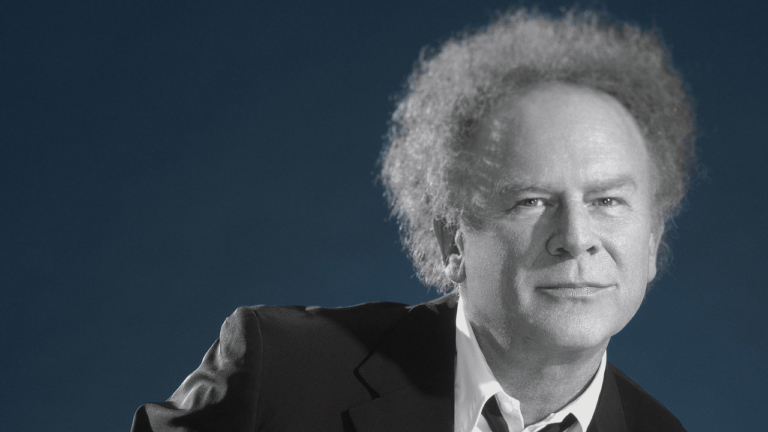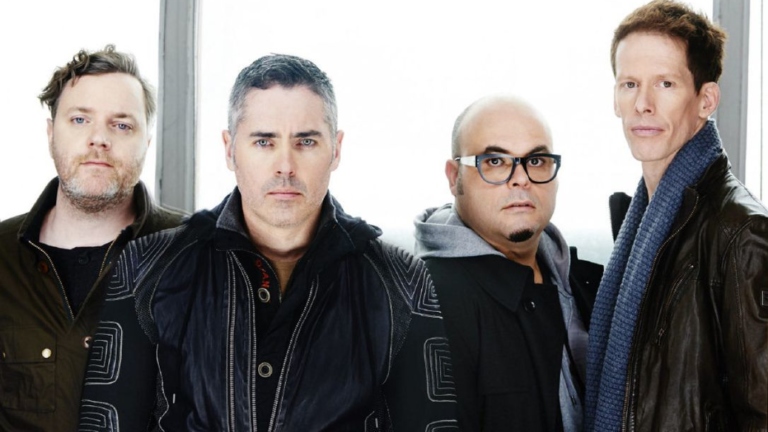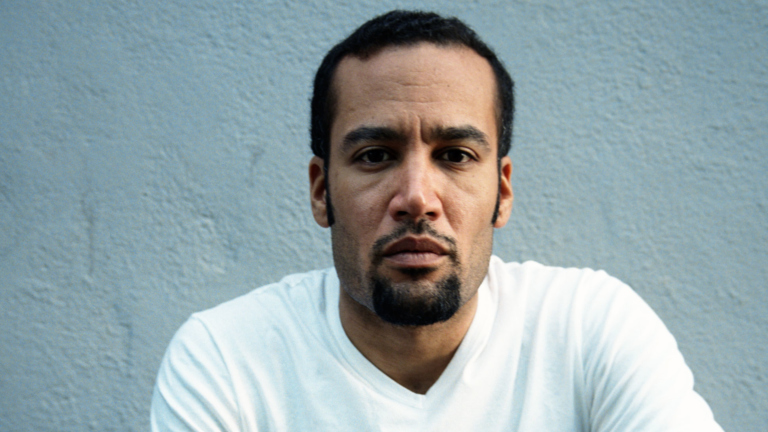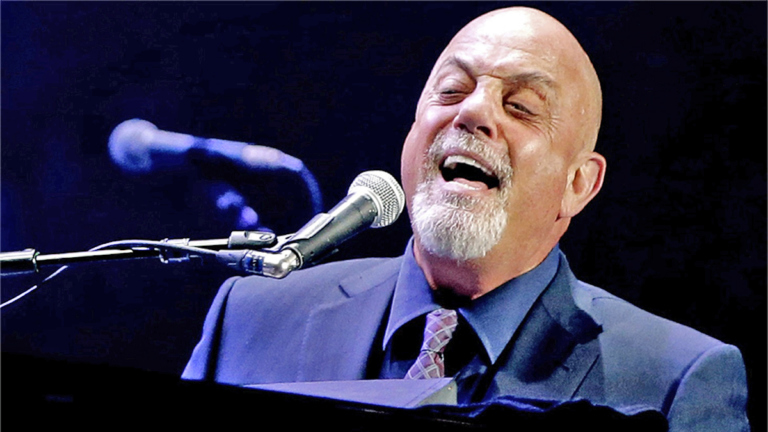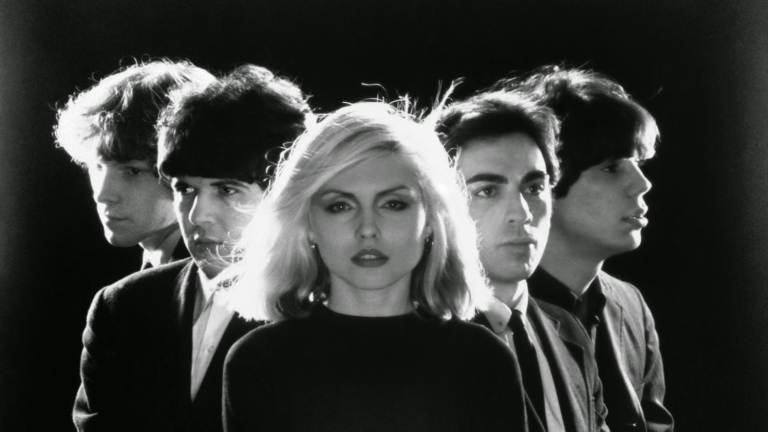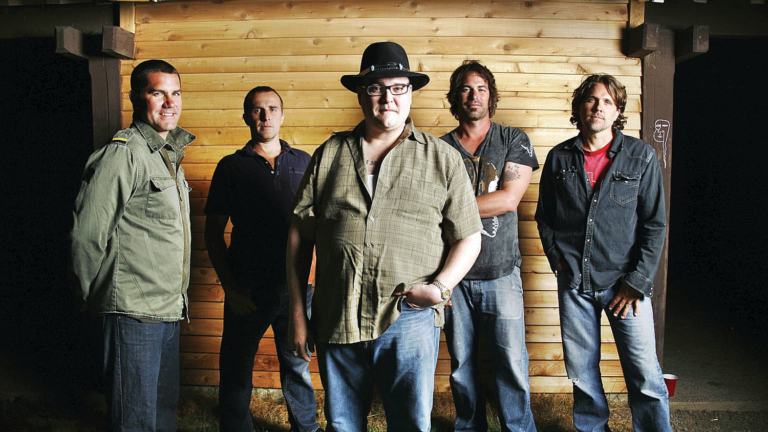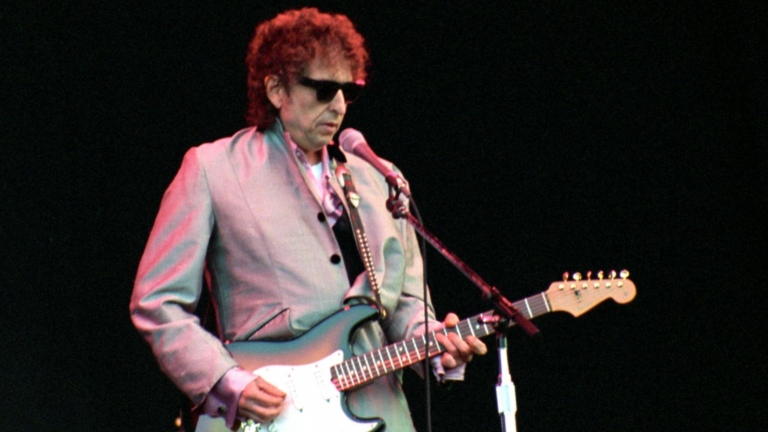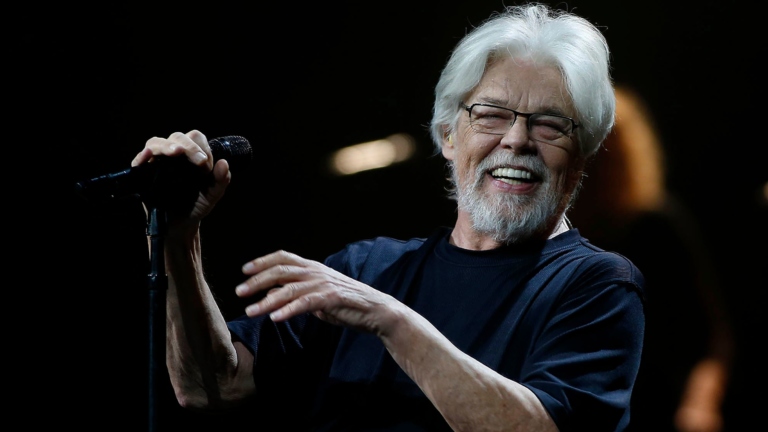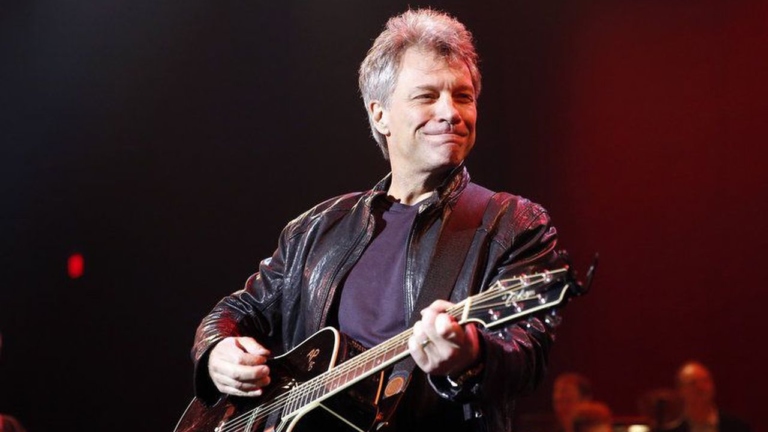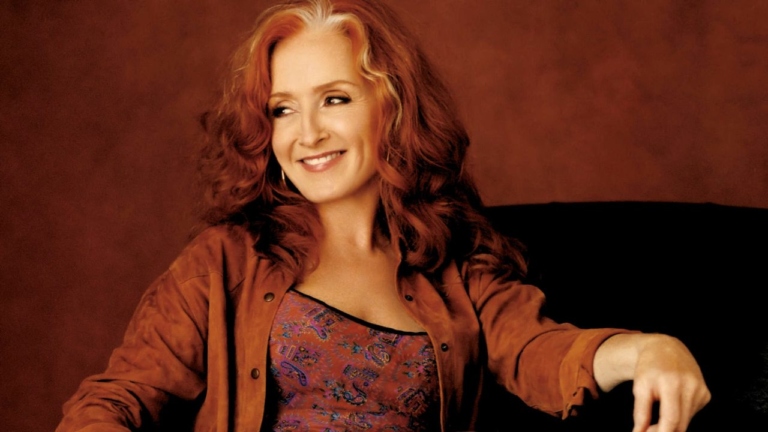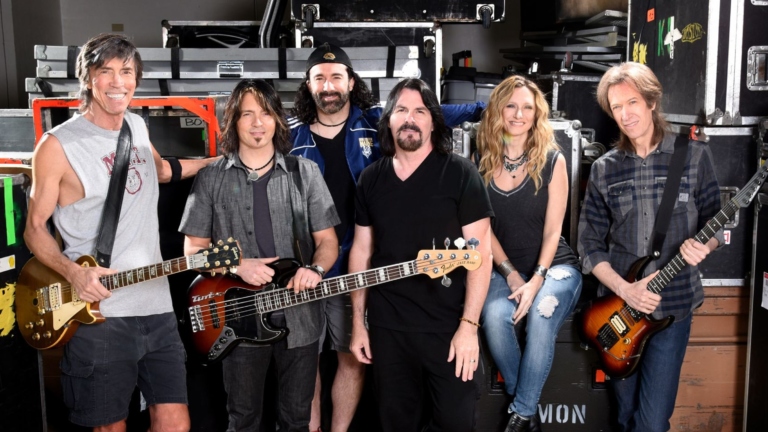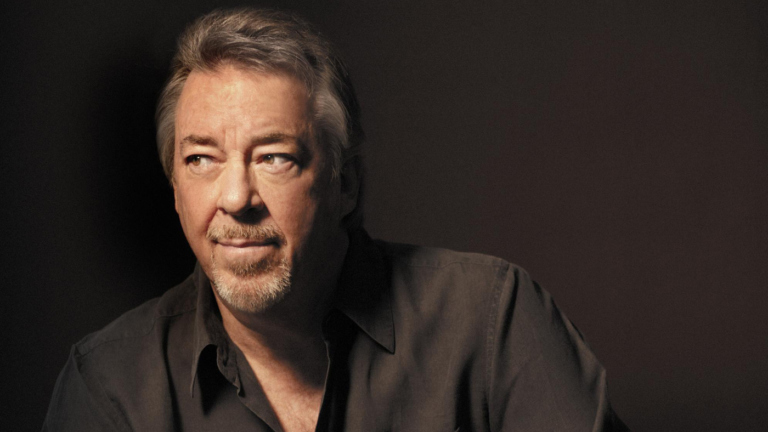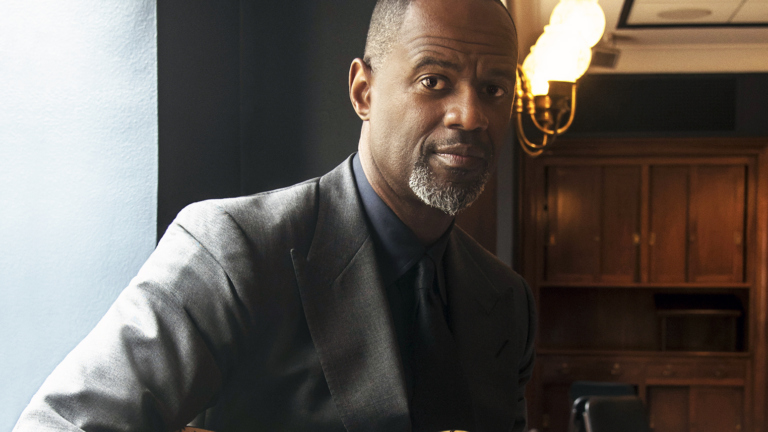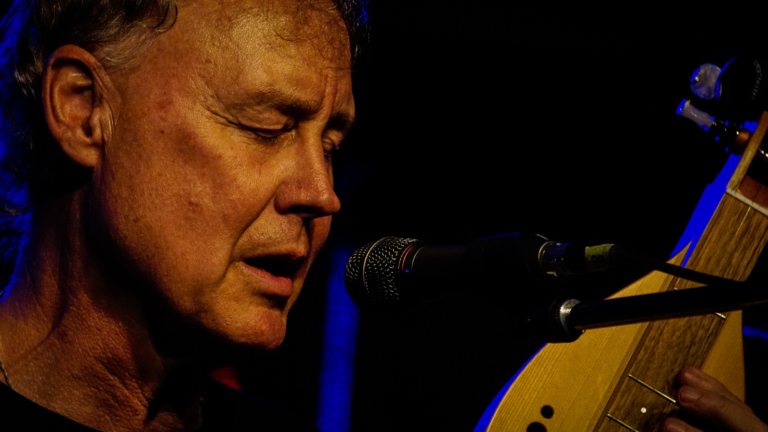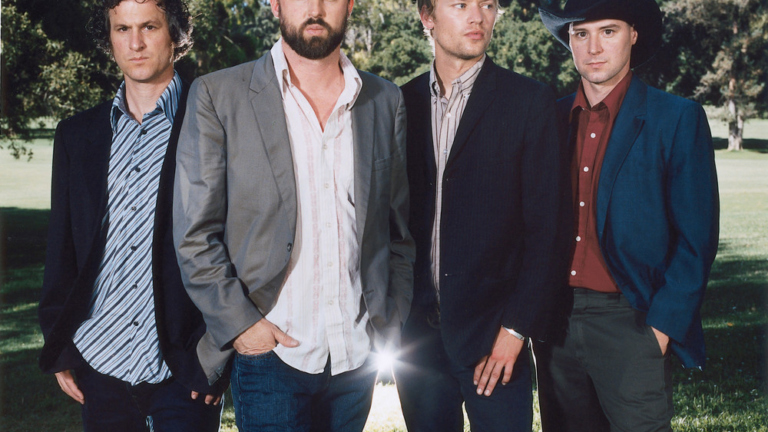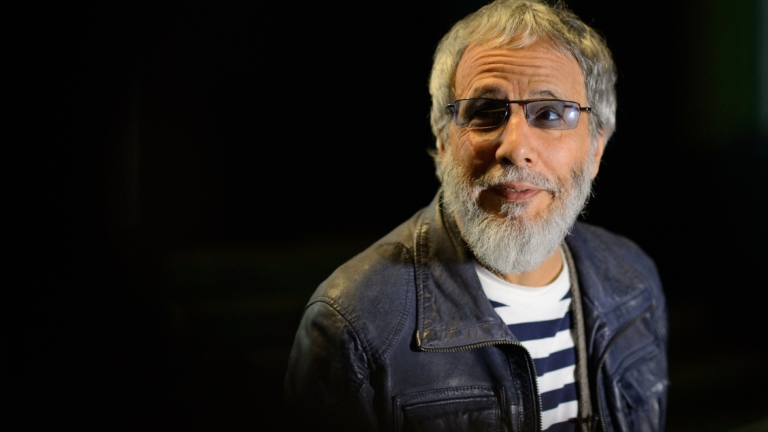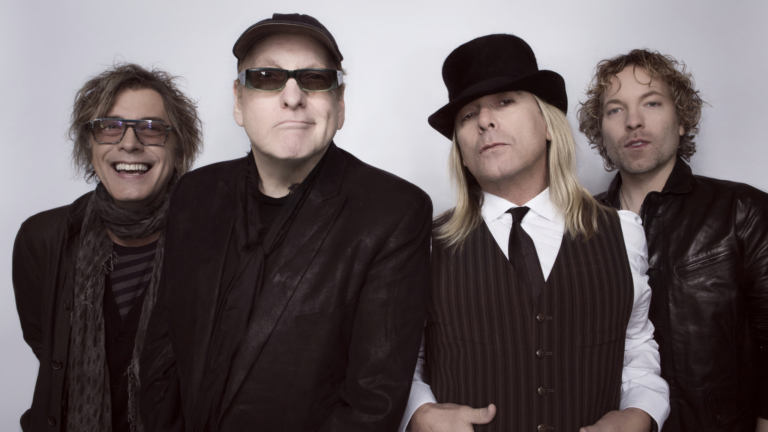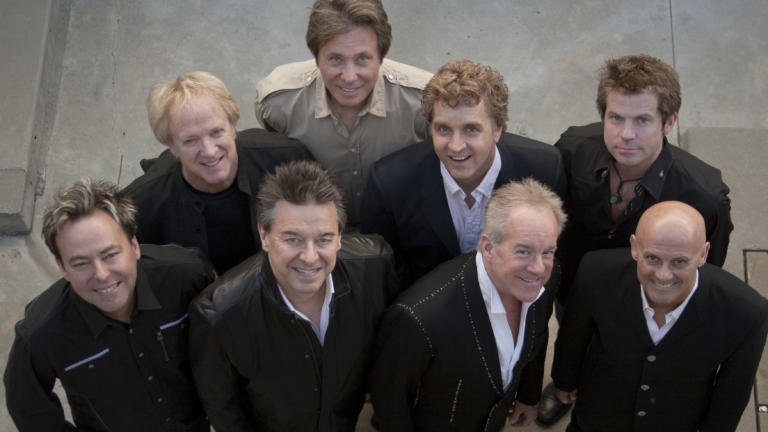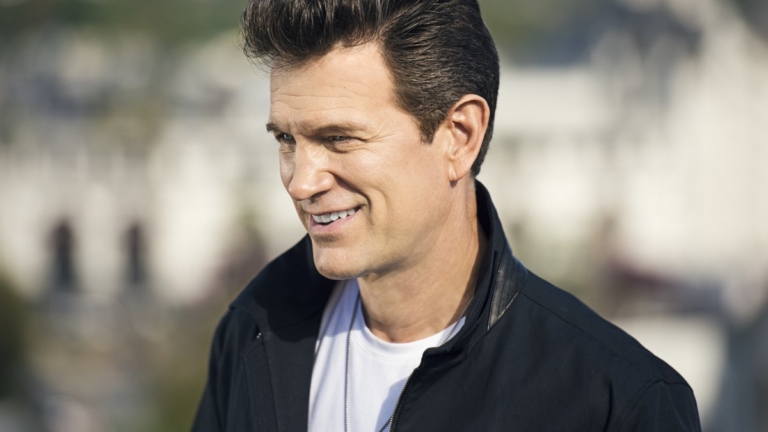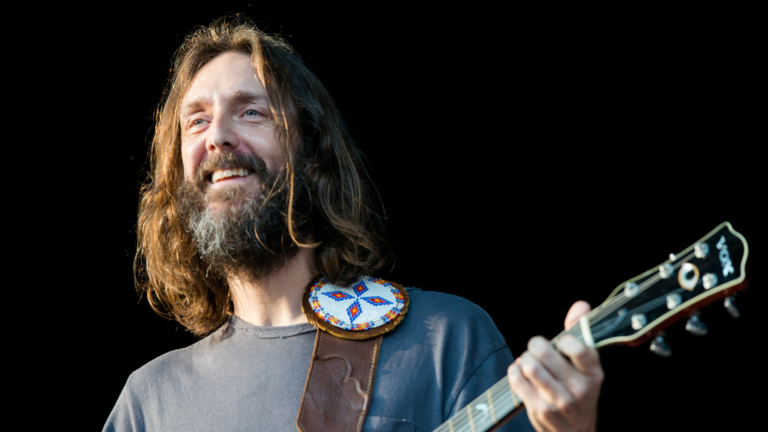About
Elvis Costello (born Declan Patrick MacManus, August 25, 1954), is a British singer-songwriter. He came to prominence as an early participant in London’s pub rock scene in the mid-1970s and later became associated with the punk/new wave genre.
Costello’s first single for independent label Stiff Records was “Less Than Zero,” released in March 1977. Two months later, his debut album, “My Aim Is True” was released to moderate commercial success, reaching #14 in the U.K. and, later, the Top 40 in the U.S., with Costello appearing on the cover in what became his trademark oversize glasses, bearing a striking resemblance to Buddy Holly. “My Aim Is True” went on to be certified platinum by the RIAA. Costello’s backing on the debut album was provided by the American band Clover. Later in 1977 Costello formed his own permanent backing band, The Attractions.
“This Year’s Model” was released in 1978 and featured the singles “Pump It Up” and “(I Don’t Want to Go to) Chelsea.” In 1979, he released “Armed Forces.” Both the album and the single “Oliver’s Army” went to #2 in the U.K. 1980’s soul-infused “Get Happy!!” would be the first, and — along with 1986’s “King of America” — possibly the most successful, of Costello’s many experiments with genres beyond those he is normally associated with. The single, “I Can’t Stand Up For Falling Down” was an old Sam and Dave song.
In 1981, the band released “Trust” amidst growing tensions within the band. Following “Trust,” Costello released “Almost Blue,” an album of country music cover songs written by the likes of Hank Williams (“Why Don’t You Love Me (Like You Used To Do?),” Merle Haggard (“Tonight The Bottle Let Me Down”) and Gram Parsons (“How Much I Lied”). The album was a tribute to the country music he had grown up listening to, especially George Jones. “Almost Blue” did spawn a surprise U.K. hit single with a version of Jones’ “Good Year For The Roses,” which reached #6.
1982’s “Imperial Bedroom” marked a much darker sound, due in part to the production of Geoff Emerick, famed for engineering several of The Beatles’ records. “Imperial Bedroom” remains one of his most critically acclaimed records, but again failed to produce any hit singles. In 1983, he released “Punch the Clock,” featuring female backing vocals by Afrodiziak and a four-piece horn section in The TKO Horns, alongside The Attractions. “Punch the Clock” also generated an international hit in the single “Everyday I Write the Book,” aided by a music video featuring lookalikes of the Prince and Princess of Wales undergoing domestic strife in a suburban home. The song became Costello’s first Top 40 hit single in the U.S.
Tensions within the band were beginning to tell, and Costello announced his retirement and the break-up of the group shortly before they were to record 1984’s “Goodbye Cruel World.” By 1986, Costello was preparing to make a comeback.
Working in the U.S. with T-Bone Burnett, a band containing a number of Elvis Presley’s sidemen (including James Burton and Jerry Scheff), and minor input from the Attractions, he produced 1986’s “King of America,” an acoustic guitar-driven album with a country sound. In 1989, Costello, with a new contract with Warner Bros., released “Spike,” which spawned his biggest single in America, the Top 20 hit “Veronica,” one of several songs Costello co-wrote with Paul McCartney.
In 1991 Costello released “Mighty Like a Rose,” which featured the single “The Other Side of Summer.” Costello returned in 1996 with a project that reunited him with The Attractions, “Brutal Youth.” In 1995, Costello released “Kojak Variety,” an album of cover songs recorded five years earlier, and followed in 1996 with an album of songs originally written for other artists, “All This Useless Beauty.”
Costello has gone on to collaborate with Alison Krauss, T-Bone Burnett, Bill Frisell, Burt Bacharach, Richard Harvey, Allen Toussaint and Marian McPartland among many others. In March 2003 Elvis Costello & The Attractions were inducted into the Rock and Roll Hall of Fame.

